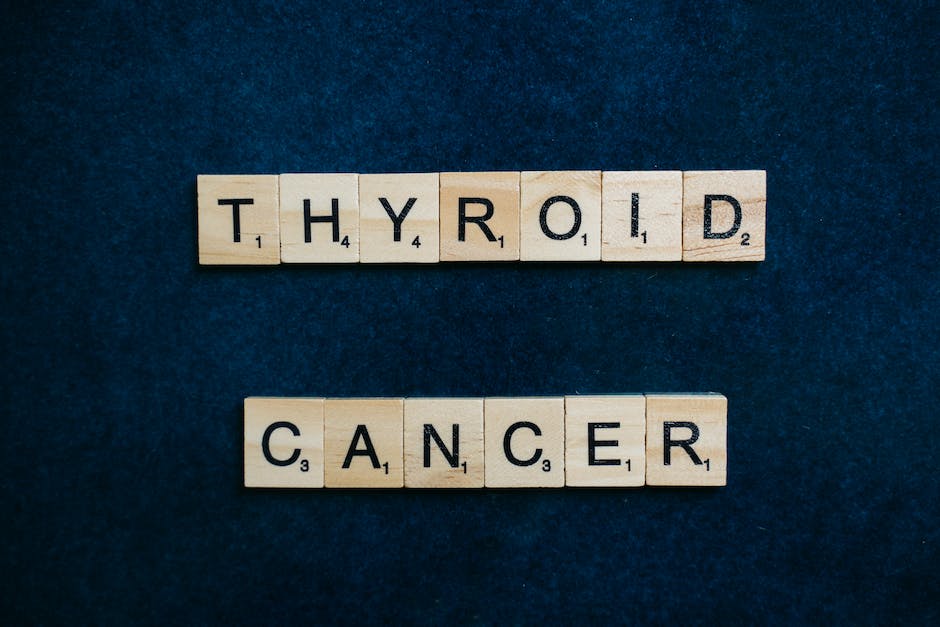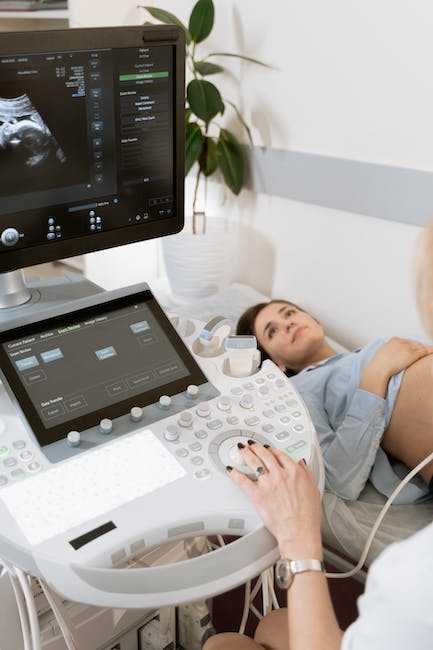
Contents
- 1 and Health
- 1.1 What is Hashimoto’s Thyroiditis?
- 1.2 Symptoms of Hashimoto’s Thyroiditis During Pregnancy
- 1.3 Risk Factors and Complications of Hashimoto’s Thyroiditis During Pregnancy
- 1.4 Treatment for Hashimoto’s Thyroiditis During Pregnancy
- 1.5 Health Tips to Manage Hashimoto’s Thyroiditis During Pregnancy
- 1.6 Conclusion
and Health
Pregnancy comes with a host of exciting developments and challenges; Hashimoto’s Thyroiditis is no exception. Hashimoto’s Thyroiditis, or Hashimoto’s Disease, is an autoimmune disorder that affects the thyroid gland. In pregnant women, the condition can be harder to diagnose and can put both the mother and the unborn baby at risk. In this post, we’ll explain what Hashimoto’s Thyroiditis is, what to expect and health tips for managing the condition during pregnancy.
What is Hashimoto’s Thyroiditis?
Hashimoto’s Thyroiditis is a type of autoimmune disorder that affects the thyroid gland. This condition is caused by the immune system attacking the healthy cells of the thyroid gland, which disrupts production of thyroid hormones. As a result, people who have the condition often have a deficiency of the hormones thyroxine (T4) or triiodothyronine (T3), which impacts the body’s ability to regulate its metabolism.
Symptoms of Hashimoto’s Thyroiditis During Pregnancy
It can be difficult to diagnose Hashimoto’s Thyroiditis during pregnancy because the condition can show similar symptoms as normal pregnancy symptoms. However, some of the most common signs of Hashimoto’s Thyroiditis during pregnancy include:
- Fatigue or low energy levels
- Changes in weight, either gaining or losing
- Aches and pains
- Depression
- Sensitivity to cold
- Hair loss or thinning
- Muscle weakness
- Frequent headaches
- Feeling unwell
- Joint pain or swelling
- Swollen or enlarged thyroid gland
If you experience any of the above symptoms during pregnancy, you should consult your doctor. You can also get tested for Hashimoto’s Thyroiditis using blood tests and ultrasound imaging.
Risk Factors and Complications of Hashimoto’s Thyroiditis During Pregnancy
The main risk factor of having Hashimoto’s Thyroiditis during pregnancy is the effect it can have on the fetus. If the mother’s thyroid hormones are not in balance, the fetus could be born with complications, such as poor growth, developmental delays, and birth defects. Additionally, the mother’s antibodies can pass to the baby through the placenta, which increases the baby’s risk of developing autoimmune thyroid problems if not treated properly.
Treatment for Hashimoto’s Thyroiditis During Pregnancy
The most important step in managing Hashimoto’s Thyroiditis during pregnancy is to keep the mother’s thyroid hormones in balance. Treatment typically involves taking thyroid supplements, such as levothyroxine, but the dose must be adjusted throughout the pregnancy. Additionally, the mother should be monitored closely and have regular ultrasounds to check on the baby’s development.
Health Tips to Manage Hashimoto’s Thyroiditis During Pregnancy
In addition to taking thyroid supplements, there are a few lifestyle changes that can help manage Hashimoto’s Thyroiditis during pregnancy.
- Eat a healthy, balanced diet: Eating a well-balanced diet, rich in fresh fruits, vegetables, and lean proteins, is essential to keeping your thyroid hormones in balance. Avoid processed and sugary food, as well as foods high iniodine, as they can exacerbate symptoms of Hashimoto’s.
- Exercise regularly: Exercise is an effective way to manage Hashimoto’s symptoms during pregnancy. However, it’s important to talk to your doctor first and find exercises that are safe for you and your baby.
- Take supplements: Taking daily supplements, such as omega-3 fatty acids and probiotics, can help reduce the inflammation associated with Hashimoto’s.
- Reduce stress: Stress can worsen Hashimoto’s symptoms, so it’s important to take time for yourself and practice stress management techniques such as yoga and meditation.
- Get enough rest: Make sure to get enough sleep and rest during your pregnancy; fatigue can worsen the symptoms of Hashimoto’s.
Conclusion
Hashimoto’s Thyroiditis can be a challenging condition to manage during pregnancy, but with proper care and treatment, it is possible to keep the mother and baby healthy. If you are pregnant and think you may have Hashimoto’s Thyroiditis, talk to your doctor right away to get the care and treatment you need.
Keywords: Hashimoto’s Thyroiditis, Pregnancy, Symptoms, Risk Factors, Treatment, Health Tips, Thyroid Hormones, Autoimmune Disorder.
